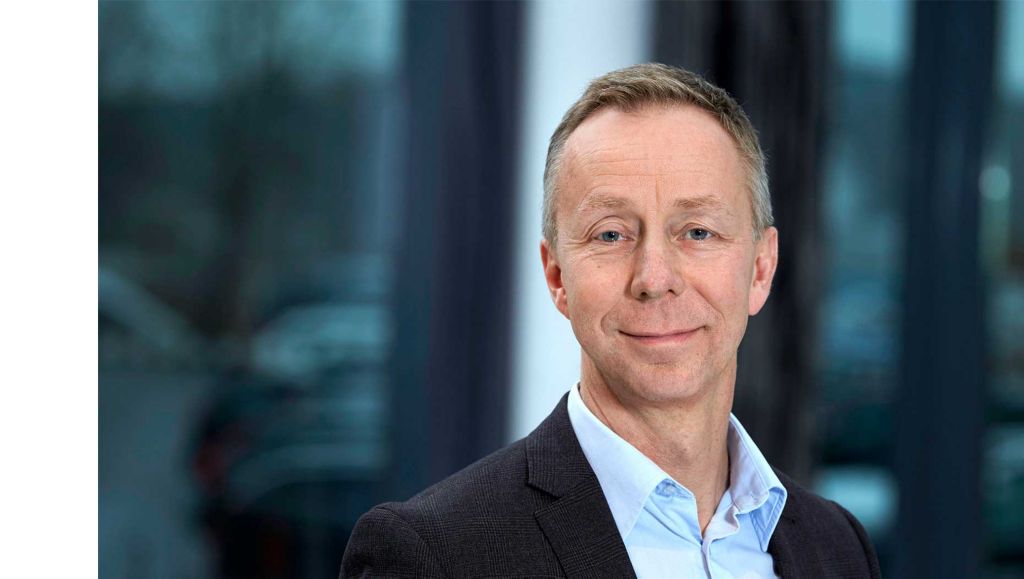Making the Volvo Group climate neutral


This is not the first time that the Volvo Group has set itself ambitious targets for reducing carbon dioxide emissions. In 2010, the Volvo Group was the first company in the automotive industry to commit to the Climate Savers programme launched by the Worldwide Fund for Nature (WWF).
Björn Brovik explains how Volvo Group has exceeded the climate targets it set itself for 2020 in collaboration with the WWF.
“We reduced the emissions of carbon dioxide from the transport to and from our factories by 24 percent and our target was 20 percent. The amount of carbon dioxide produced by our vehicles was reduced by 43 million tonnes and the target was 40 million tonnes. We implemented energy saving measures of 207 GWh, and the target was 150 GWh,” he says.
According to Björn Brovik, these successes are entirely due to everyone who worked with such enthusiasm to achieve the targets.
“Some fantastic work has been done within the Volvo Group and I am confident that we can now take the next step,” he says.
And the next step is that the Volvo Group has signed up to the Science Based Targets initiative, which is an initiative designed for organizations to set targets aligned with UN Paris agreement on Climate Change. The Volvo Group is committed to pursue efforts to limit the temperature increase to 1.5°C.
“This is completely in line with our strategic direction, which involves playing a leading role in sustainable transport and infrastructure solutions and our long-term ambition to become 100% fossil free. By committing to the Science Based Targets initiative, we will continue to take responsibility for our actions and report openly on our work”, he explains.
The commitment to Science Based Targets means that the target for the Volvo Group is to reach Net zero emissions by 2050 at the latest. However, since it takes on average ten years for customers to renew their rolling fleet, the target is that all products delivered from the Volvo Group shall reach Net zero status already in 2040.
“This affects our entire value chain, including the emissions from our products and also from our own factories and services,” says Björn Brovik.
How the Volvo Group will achieve the target
According to Björn Brovik it is important to set credible interim targets along the way.
“It is a tough target and we are setting interim targets that are aiming to strike the right balance between requirements of being scientifically ambitious and taking us towards Net zero while considering customer requirements, societal developments and our own transformation journey, he says.
The work will affect a large proportion of the Volvo Group’s employees and innovation and collaboration will be key to succeed.
“It is very wide-ranging and will have an impact on product development, purchasing, production and sales. It will continue to be about great teamwork with know-how, passion, and engagement. It is an important part of our work for us to show that we are taking climate change seriously and want to do our share as we also expect other stakeholders and society in general to do their share.”, Björn Brovik concludes.
FACTS: The Paris Agreement and Science Based Targets
In December 2015, the countries which attended the UN Climate Conference in Paris committed to a new climate agreement which would come into effect in 2020 at the latest. The global rise in temperature was to be kept to well below 2 degrees and the aim was for it to stop at 1.5 degrees.